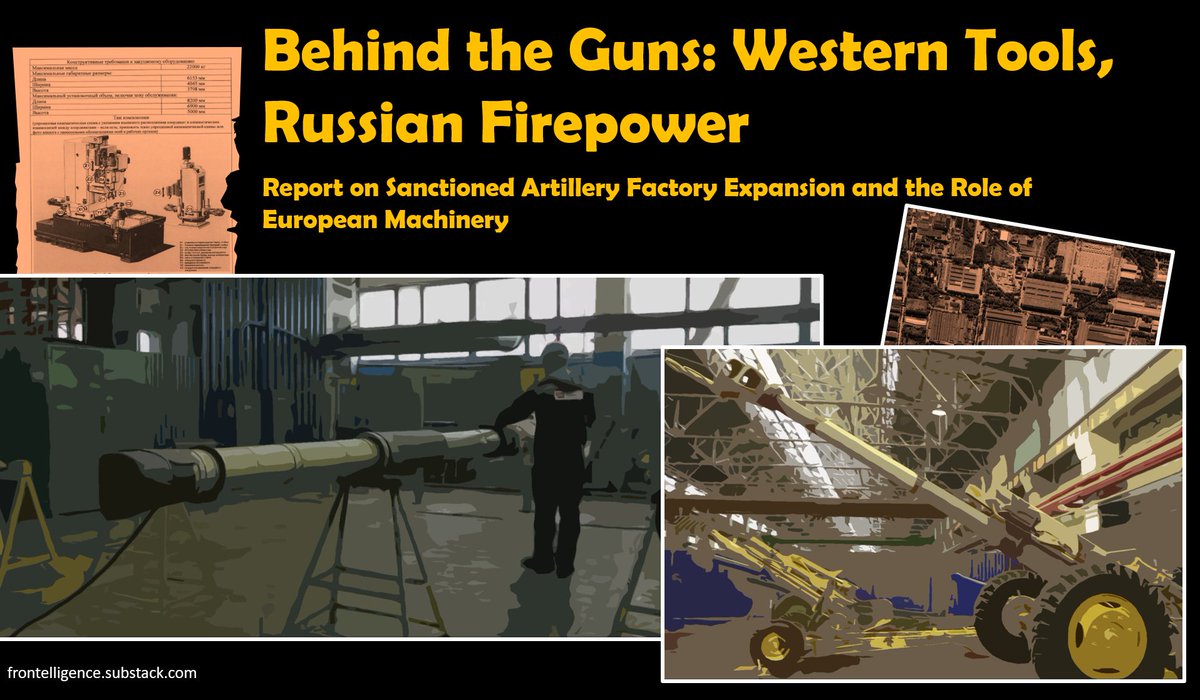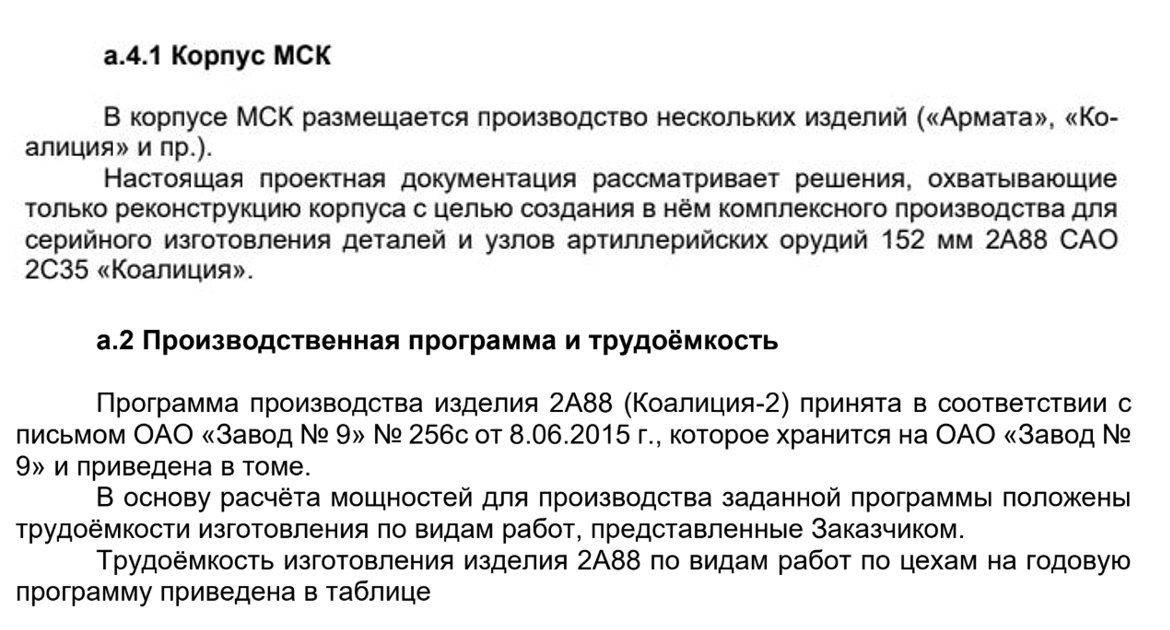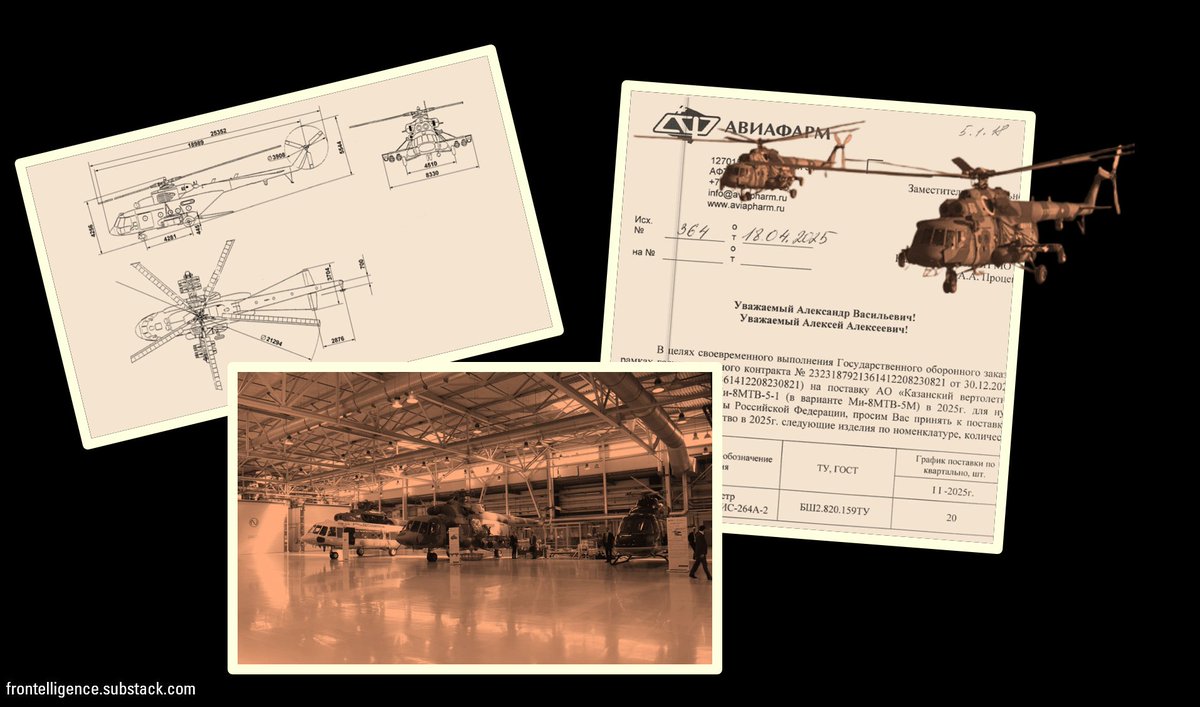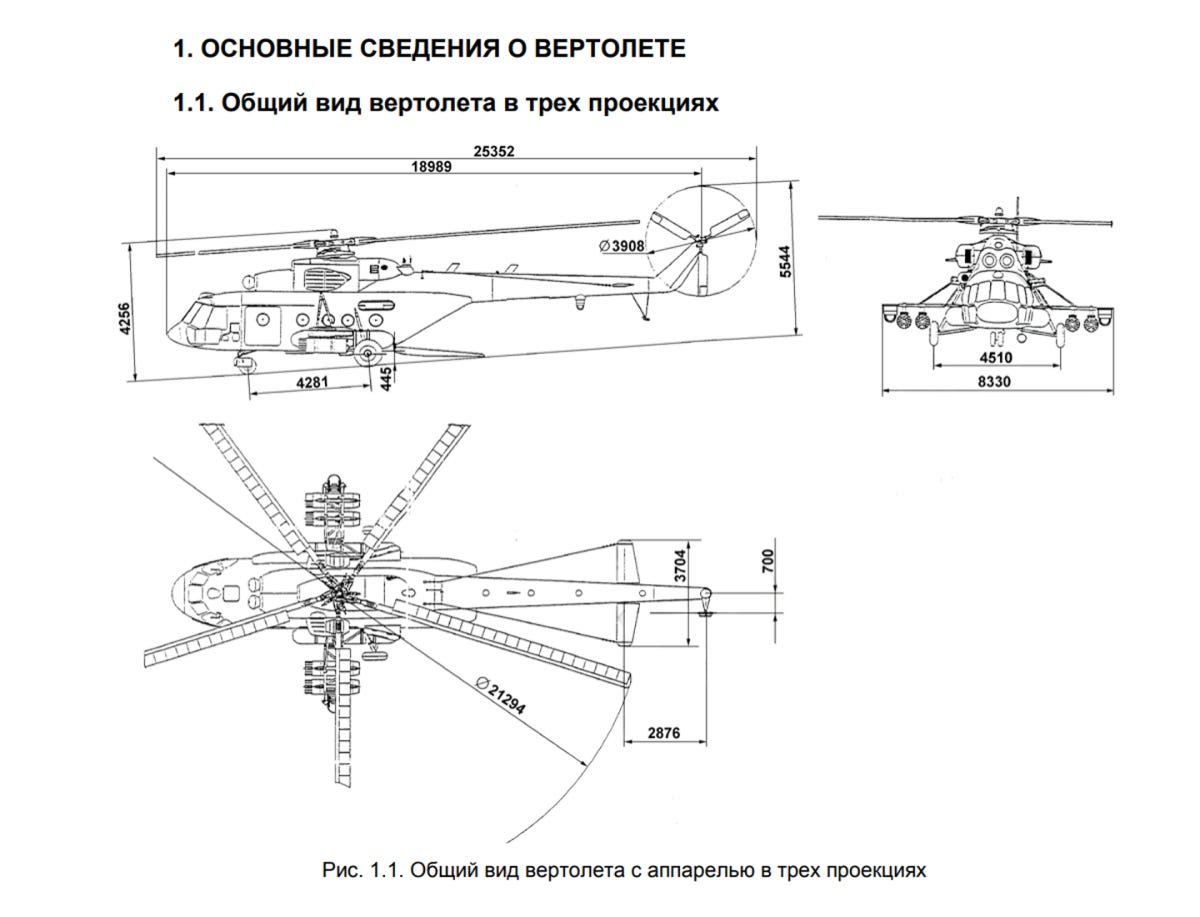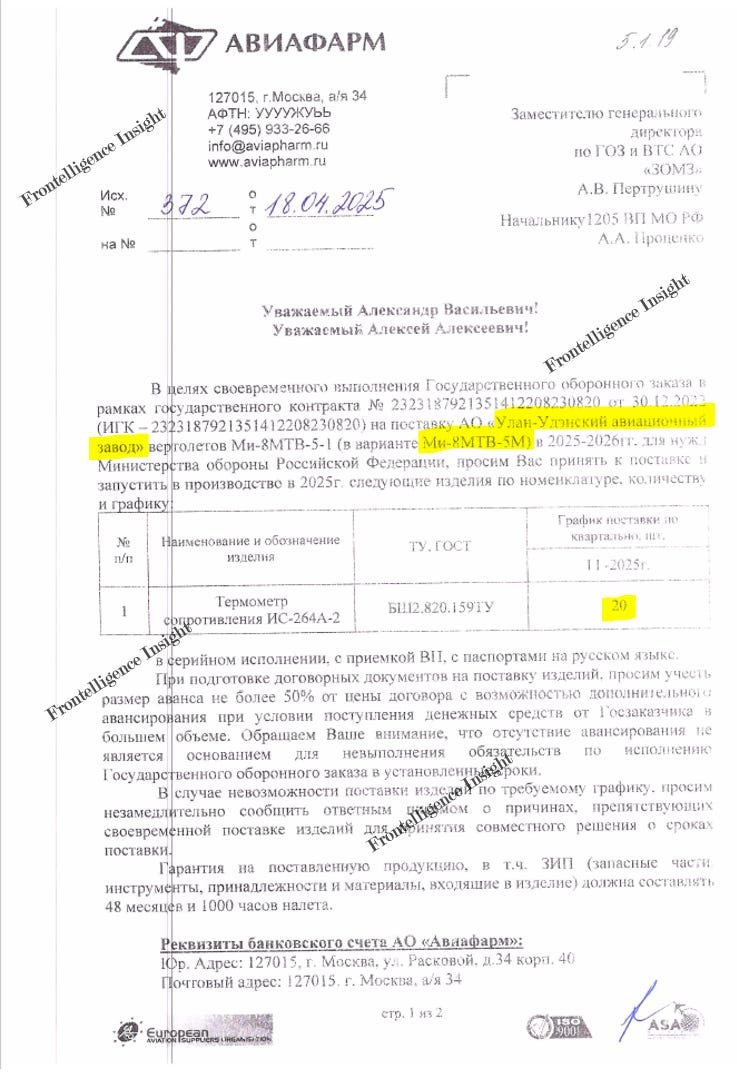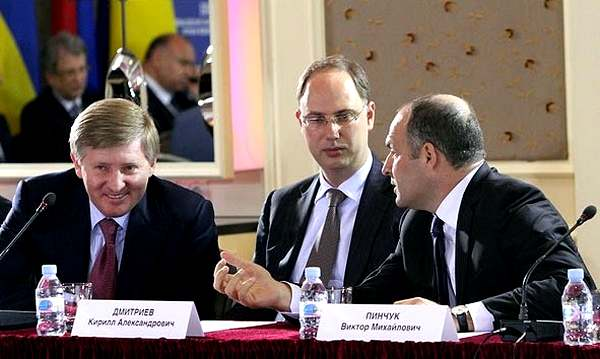Given the current focus on minefields and mines due to the ongoing counter-offensive, I decided to illustrate a representative minefield layout. While I am unable to share the actual document, I made a comparable graphical representation to convey the specifics.
🧵Thread:
🧵Thread:

2/ In this case, the positioning of minefields is tied to surface features, including bodies of water, roadways, and settlements. It is important to note that there are two categories of minefields: "groups of mines" and controlled minefields (can be managed remotely). 

3/ Minefields commonly consist of an array of distinct mines, namely the OZM-72 Bounding fragmentation anti-personnel mine, the PMN anti-personnel pressure mine, the MON Directional Anti-personnel Mine, the TM-62 Anti-tank blast mine, and the YaRM anti-landing mine. 

4/ As a common approach, russians usually mix different types of mines rather than using just one. To make things clearer and easier to understand, I've assigned a different color to each mine type and grouped them accordingly for visual representation. 

5/ In areas where our recon teams could potentially land after crossing water bodies, YaRM anti-landing mines are placed. Pathways to treelines and probable landing zones are secured with OZM and MON mines. The remaining areas typically covered with PMN anti-personnel mines. 

6/ As evident, the positioning of minefields varies in depth, leaving gaps that give russians the flexibility to navigate, manage fields, and withdraw. Nevertheless, rough calculations suggest that this area is estimated to have approximately 10,416 mines of different types 

7/ If you found this thread valuable, please support by liking and retweeting the first message of the thread. Your engagement enables me to provide better materials more frequently.
• • •
Missing some Tweet in this thread? You can try to
force a refresh


